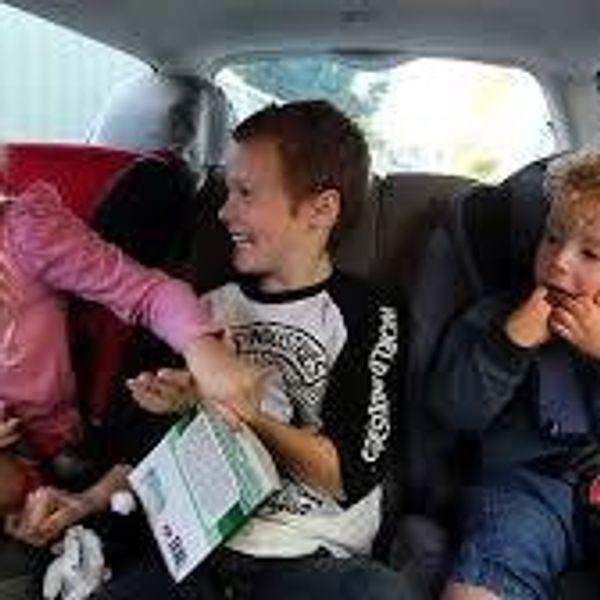As a woman who is typically awkward and unsure toward children, there have been many times in my life in which I’ve felt ostracized from other women, left out of getting lucrative jobs, and stigmatized for my views on having children.
Only beginning this year, since dating my baby-obsessed girlfriend, have I truly thought about my own relationship with children. An only child and the youngest member of my family, opportunities to be around other children arose infrequently when I was growing up, but when they did happen I never quite knew how to conduct myself. My girlfriend has allowed me to gain an appreciation for, and even love of, children, causing me to wave and say hello to them in parks and around town instead of just ignoring their presence. However, as I have always done when I truly get the opportunity to interact with children who are new to me (i.e. any children who are not the two little girls of family friends I’ve known since birth), I treat them like mini-adults, expecting too much and offering too little in way of fun conversation or activity, asking questions like “what’s your favorite subject in school?”
Of course, as a teenager and continuing into young adulthood (or even full-fledged adulthood), one of the most lucrative business opportunities is being a babysitter/nanny. This makes sense, for people want someone who will care for their kids and make their lives easier more generally by cooking, cleaning, etcetera; people put babysitters and nannies in charge of children’s’ lives, so why wouldn’t the people doing these jobs be well paid? Although feminism has gotten us far as a society and the concept of a male nanny, a “manny,” is not unheard of, it’s still more common for women to gain babysitting and nannying positions over their male counterparts. Naturally, more women hold these jobs due to our “innate kindness” and “nurturing instincts” (note the sarcasm in this statement). However, as a woman who has never fit this mold, I’ve been left out of the Babysitter’s Club since it started in my peers around the age of 12 as a premature realm of domesticity. What’s more, I felt, and still feel at times, cheated out of some of the best paying jobs for my age bracket, instead having to wait for more “grown-up/professional” positions, which prove much more difficult to obtain.
Awhile back, I discussed women not wanting to have children with a friend. We expressed exasperation at the common response one gets if she says she doesn’t want children now or in the future. Typically given by older women, the response is “I know that’s what you say now, but just wait until you’re older,” accompanied by a look of “oh, how cute kids (read: 20 and 30-somethings) are these days.” How come the notion of a woman knowing she does not want children appears as such a shock? What’s more, why does a woman knowing what she does and does not want deemed unacceptable or even impossible? Of course, this thinking, again, stems from the notion that women inherently have some ingrained caring, compassionate instincts. Come to think of it, this way of thinking also builds the assumption that if someone is kind and affectionate they must naturally want children. Clearly, these qualities/wants are not synonymous and they should not be made to appear as such especially because in some cases it may, in fact, be kinder not to have children.
This whole article comes back to the idea of individual choice and respecting people’s choices through allowing numerous options to remain open and free of stigma, whether choices be made by males or females or otherwise identifying individuals. To align with this idea of having more options, more employment opportunities for tweens should exist with the same financial benefit as babysitting and people should realize that kids may not be a priority in many people’s lives and that’s OKAY. And you know what else is okay? Being an extremely awkward human, even in front of children, who sometimes judge you more than adults for your strangeness (hey, I’ve been there).





















